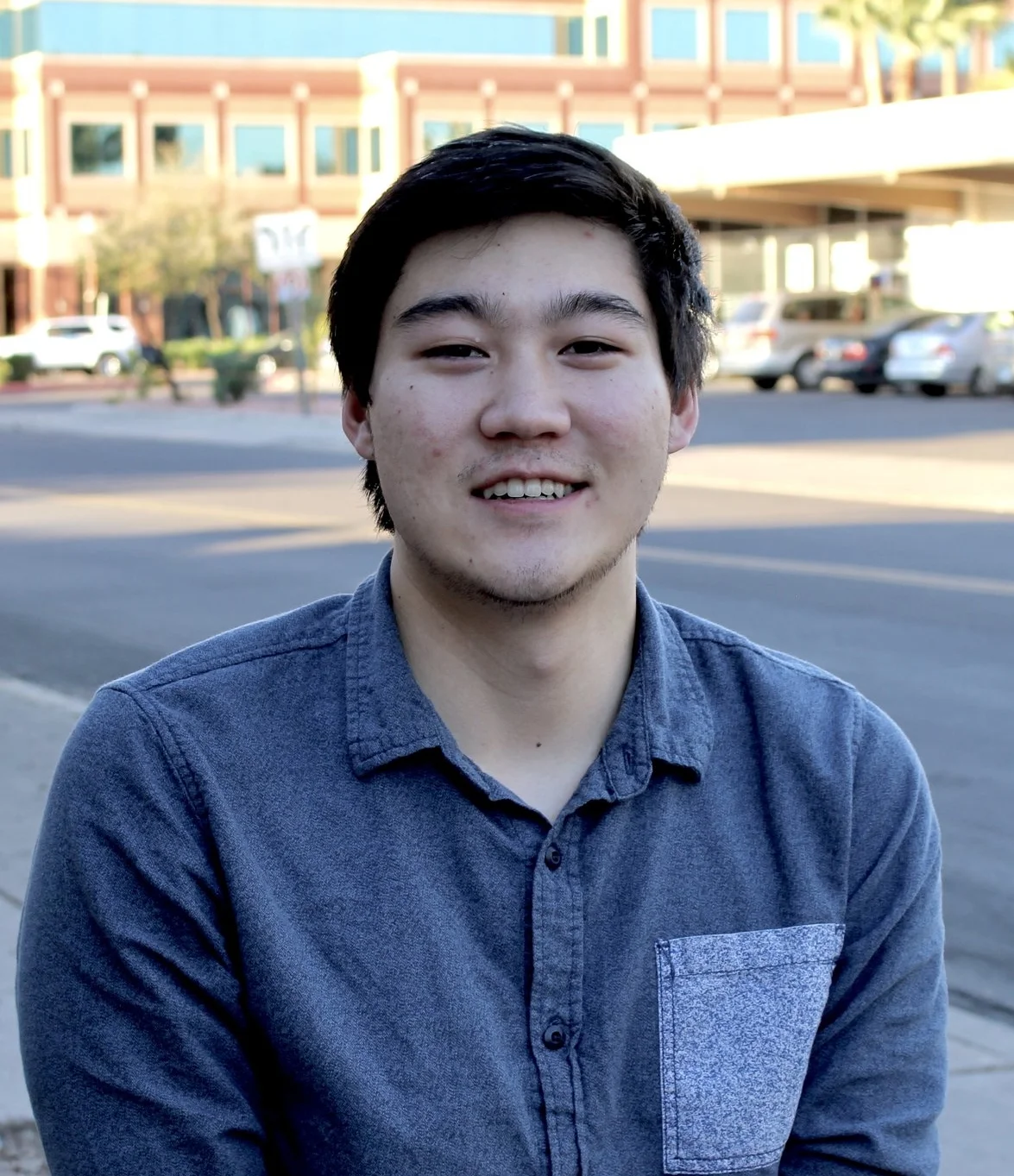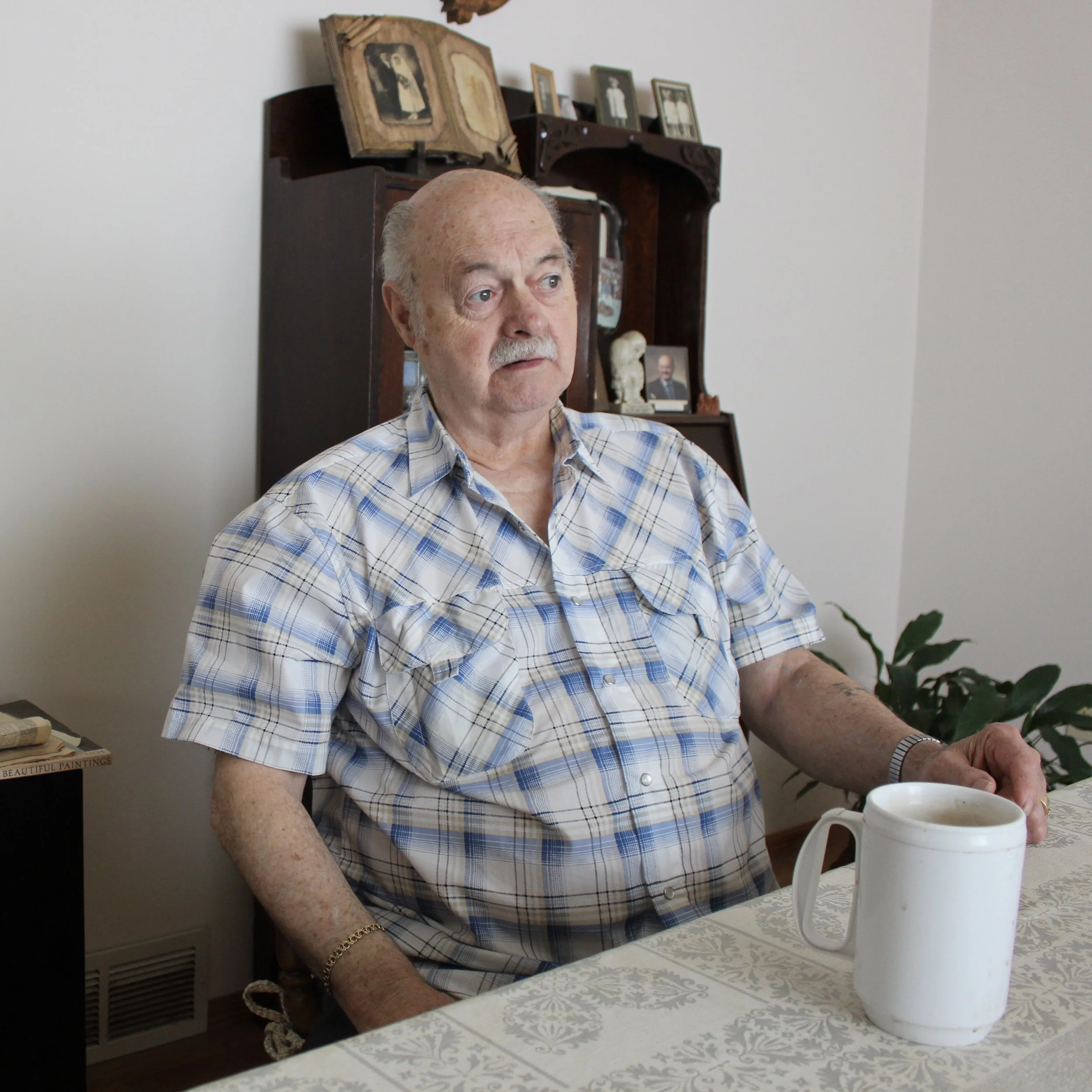Jewelry by the Roadside
Listening to Tamesha talk for the first half of our conversation, you would be hard pressed to separate her favorite childhood memories from those of any happy American kid. She used to like to ride bikes and run around with her friends. Sometimes they would play video games on the NES. She went to high school and listened to punk rock and metal. Her aunt took her in at a young age from her biological mother and became Tamesha's "real mom." She was the one who gave her the name Tamesha, much to Tamesha's relief when she found out what her birth mother had named her. She thought her birth name was "an ugly name, unfortunate name." After she graduated high school she worked in retail in Flagstaff Arizona, at Starbucks, Forever 21, Barnes & Nobles. When work fell through, Tamesha came back home a little bit north and began making and selling jewelry like her mother and grandmother before her.
Tamesha is a member of Navajo Nation; she grew up on the reservation north of Flagstaff and still lives there today. She works with her boyfriend, a silversmith, to supply for a roadside stand where she sells pieces to people that drive by. For her, America is a homeland but also a foreign power. When she talks about her community, there is a weariness about her voice. She doesn't have any interactions with her neighbors and most people she knows try their best to keep to themself and just get by. Family is the thing that is most important to the people in her life. People in the family look out for each other, well outside the bounds of the nuclear family, often times taking in children when a parent is unfit.
Tamesha's perspective on politics has the ring of many Americans complaints, very local and personal. She hates what the administration is doing to the native tribes in South Dakota because she feels the government is stepping over their boundaries and taking land and sovereignty from her people again. It reminds her of the problems in her community of radiation poisoning from government activity. For many years before the land she lives on was ceded to Navajo government, the US government mined uranium, often disposing of waste by covering it with a thin cover of topsoil. The incidence of cancer amongst her community was sky high before the government came out and revealed the uranium mining activity to the public. Tamesha's grandmother died of cancer a few years back.
At the same time, her feelings on Navajo government fall far short of praise. In response to concerns about uranium pollution, Navajo Nation requires a ground inspection and a number of sign-offs before someone can move into the land they were granted. She says the process takes around 5 years. Then once a property is approved and built, it can take another 5 years to get approval to run electricity and water to the home. Her mom's home still doesn't have electricity.
Asked about freedom, Tamesha was the first person we've talked to that described freedom as the freedom from worrying about the basics. She said to be free, she just wants to not have to worry about where rent was going to come from, where money for her kids would come from. Her image of freedom has a harsh realism to it that many people take for granted. Tamesha knows that to be free first requires one not be enslaved by want.
As we finished talking, I asked Tamesha what the "American Dream" meant to her. The question met a confused face. She said, "I'm not sure, nothing I guess." I asked if she'd ever heard the term before. "No, not really," she returned.







